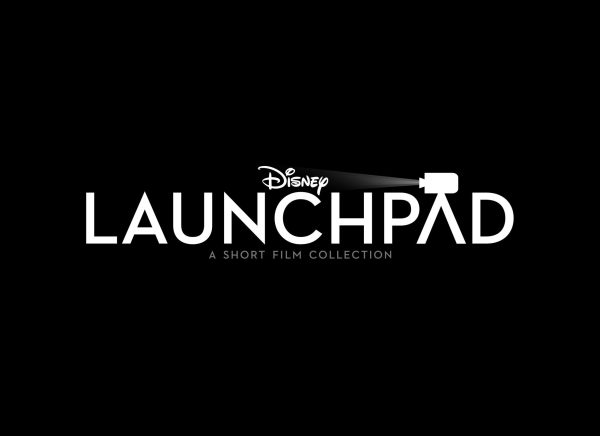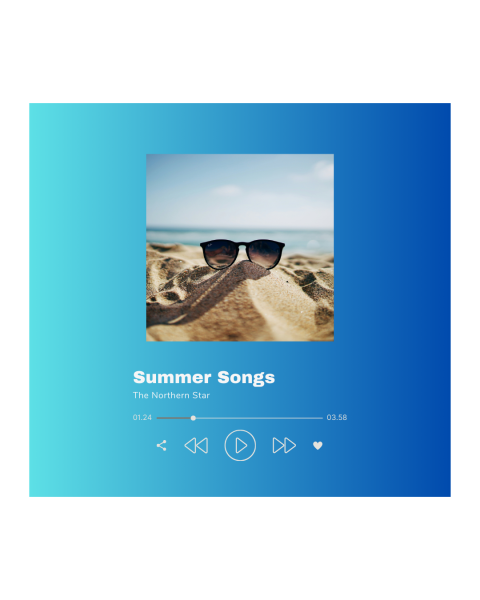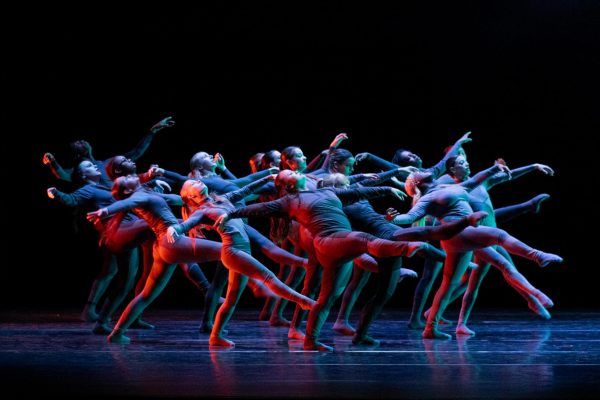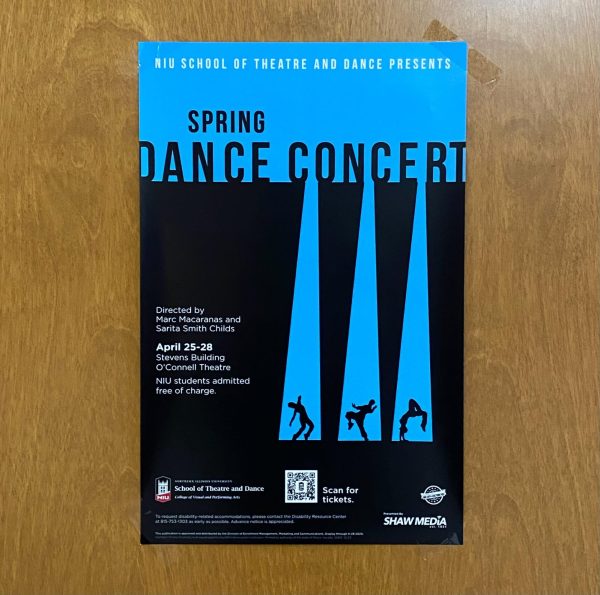Eminem phrase added to the dictionary. How much does music affect language?
With a word from an Eminem track added to the dictionary, this brings up the question of how much of language is affected by music?
May 10, 2019
Hip-hop legend Eminem received an interesting honor for his 2000 song “Stan” when the term “stan” was added to Merriam-Webster’s dictionary April 24. “Stan” was entered as both a noun and a verb, meaning “an extremely or excessively enthusiastic and devoted fan” and “to exhibit fandom to an extreme or excessive degree : to be an extremely devoted and enthusiastic fan of someone or something.”
“Stan” was previously added to the Oxford English Dictionary in 2017. The addition of a term created specifically for a song is telling of music’s vast impact on today’s culture and society.
The song “Stan” is about a fictional Eminem-crazed superfan of the same name who writes letters to Eminem expecting to receive a reply. He becomes increasingly frustrated after he doesn’t hear from the Grammy-winning rapper and ends up committing suicide near the end of the song.
Eminem said in an interview in 2000 with an unknown station that he based the song on real life letters he receives from fans who take his lyrics too literally. Eminem’s lyrical content tends to be dark and self deprecating, “Stan” is his way to tell his fans not to follow everything he says.
Other songs similarly have created or promoted words or acronyms that have transcended the songs themselves. Drake’s 2012 track “The Motto” introduced the world to “YOLO,” or you only live once, as a phrase to use when doing something one might not normally do.
Out of this song, Generation Z’s version of Carpe Diem was born. “YOLO” has also been added to the Oxford English Dictionary as of 2016. A little known fact is the word mullet, referring to the hairstyle popularized in the 1980s, was coined by Beastie Boys in its 1994 track “Mullet Head.”
“You want to know what’s a mullet? Well / I got a little story to tell,” they rap. “About a hairstyle, that’s way of life.”
“Bling,” a commonly used slang word for expensive jewelry, originated from the 1999 Cash Money Millionaires track “Bling Bling.” A word so often used, people don’t realize it came from a song.
Music will continue to influence the way people talk and think for as long as two notes are strung together. “Stan’s” addition into the Merriam-Webster Dictionary is very telling of where culture has moved as a whole, and more importantly, of how people use language. Gone are the rigid standards of “made-up” words. As culture and collective thought progresses, so does language and music. In 20 years, people may be using a word from a song made today.














